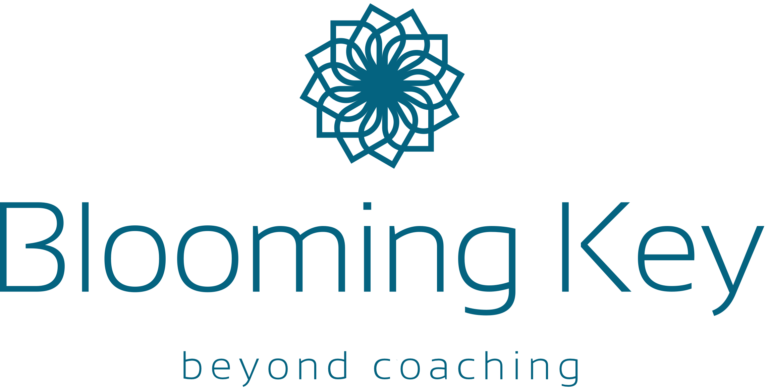Mental Fitness & Life Coaching Blog

Growth Creates Happiness in Abu Dhabi and Dubai
Progress creates lasting happiness in Abu Dhabi and Dubai not through comfort or achievement, but through meaningful personal growth. This article explores why high-performing professionals often feel unfulfilled despite success — and how progress restores clarity, energy, and inner satisfaction.

The Art of Fulfillment
Fulfillment beyond success in Dubai often emerges when achievement no longer brings emotional satisfaction. This article explores why high-performing professionals feel complete only when internal pressure reduces and alignment returns.

Redefining Success Through Mental Fitness
Mental fitness in Dubai often becomes relevant when success looks right on the outside but feels misaligned internally. This article explores how high-performing professionals redefine success through clarity, presence, and internal alignment — without pushing harder.

Decision-making to get unstuck
Why do New Year’s resolutions never last, even for disciplined and high-performing people?
This article explores the real reason change breaks down — not lack of motivation, but misalignment between body, mind, and subconscious patterns — and what sustainable growth actually requires.

New Year’s Resolution
Why do New Year’s resolutions never last, even for disciplined and high-performing people?
This article explores the real reason change breaks down — not lack of motivation, but misalignment between body, mind, and subconscious patterns — and what sustainable growth actually requires.

Stress Detox
High-performing professionals in Dubai and Abu Dhabi often experience ongoing stress even when life looks stable. This article explores how stress relief and mindset reset support nervous system regulation, mental clarity, and sustainable performance — without pushing harder or adding pressure.
